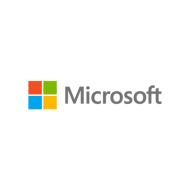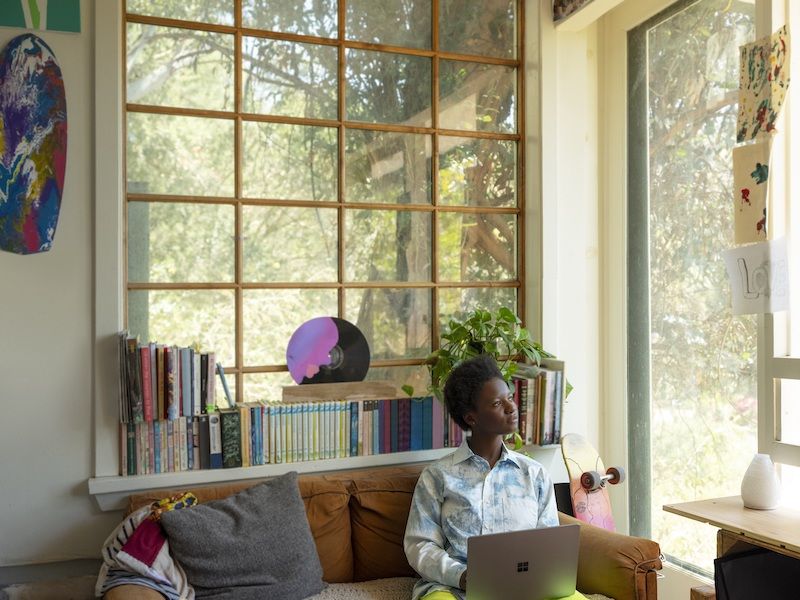Microsoft

Microsoft at #rp21: Don’t just wait around in the meantime, do something!
What have we learnt during the pandemic? Which direction do we want to head in regarding our work, our education, our lives, our society? How do we want to shape reality after the lockdown? And what solutions will help us now? We are looking for answers and longing for new perspectives – more than ever. We are a longstanding partner of the digital conference and, this time, are looking forward to an interesting exchange – and to looking ahead.
In the #meantime in the digital classroom
Children deserve to finally be able to learn under ideal conditions. Through “learning by doing”, teachers, schools, and pupils have learnt a lot of new things over the past months; and out of necessity, creative solutions have emerged in many places. This unplanned crash course could become a curriculum in which a digital touch is finally a natural component and companion. The chances are good, and the openness for digital teaching and learning is greater today than ever before: According to the D21 Digital Index, 82 per cent of pupils, parents, and teachers think positively about this digital transformation in education. This momentum must be used sustainably so that the digitalisation of education does not remain ‘in the meantime’ forever. Digitalisation is neither a short-term workaround nor a long-term ‘replacement’ for proven educational concepts. In fact, digital platforms and tools expand the scope of schools with exciting new possibilities.
Rethinking work ‘in the meantime’
According to a recent study by Boston Consulting Group, the pandemic has catapulted us ten years into the digital future. As a result, Germany will lack around three million skilled workers as early as 2030. At the same time, 1.6 million jobs will also become redundant because they can be performed by machines or computers. The only way out of this dilemma is to make considerable progress in education and professional training. A change must happen in people’s minds: Learning needs to become a natural part of everyone’s life. Hiring managers must be open, for example, to non-linear CVs or informally-acquired competencies. And we must challenge ourselves to rethink work and cooperation. ‘In the meantime’ is also the right time to do this. What experiences have we had working during the pandemic? How are employees doing nowadays? What urgently needs to change? Microsoft’s worldwide Work Trend Index provides answers to these questions – and shows both the pros and cons of the new world of work.
Where there’s a team, there’s a way
Many employees have come to appreciate the advantages of remote work. After all, 76 per cent would like to continue working from home even after corona – also because they consider themselves to be at least just as productive there as they are in the office. Integrated solutions for the modern workplace, such as Microsoft 365 with the business communication platform Microsoft Teams, provide the necessary technological foundation. During the pandemic, for example, Wingcopter began conducting meetings with new customers with live flight demos over Microsoft Teams and, this way, was able to drive its business forward despite the lockdown.
During the pandemic, work has not only become more digital; it has also become more human. People got to know their colleagues better, shared more private details, and were more willing to open up emotionally. Every sixth person has even cried with colleagues this year. All this has contributed to people being more willing to be themselves in the workplace (39 per cent).
Let’s discuss – Microsoft at #rp21
Digitalising education, redesigning hybrid work, concrete solutions, and the various perspectives of those involved are important to us. That is why it is necessary to join the discussion. And to get active.
Because, at least mentally, we already want to leave behind the limbo of “meantime” and direct our energies toward the “after”. ‘In the meantime,’ we shouldn’t wait any longer; we should do something. Because when it comes to the workplace and the classroom, we realise that the world is changing rapidly, even without us intervening.
You can find more information about Microsoft at re:publica here.
